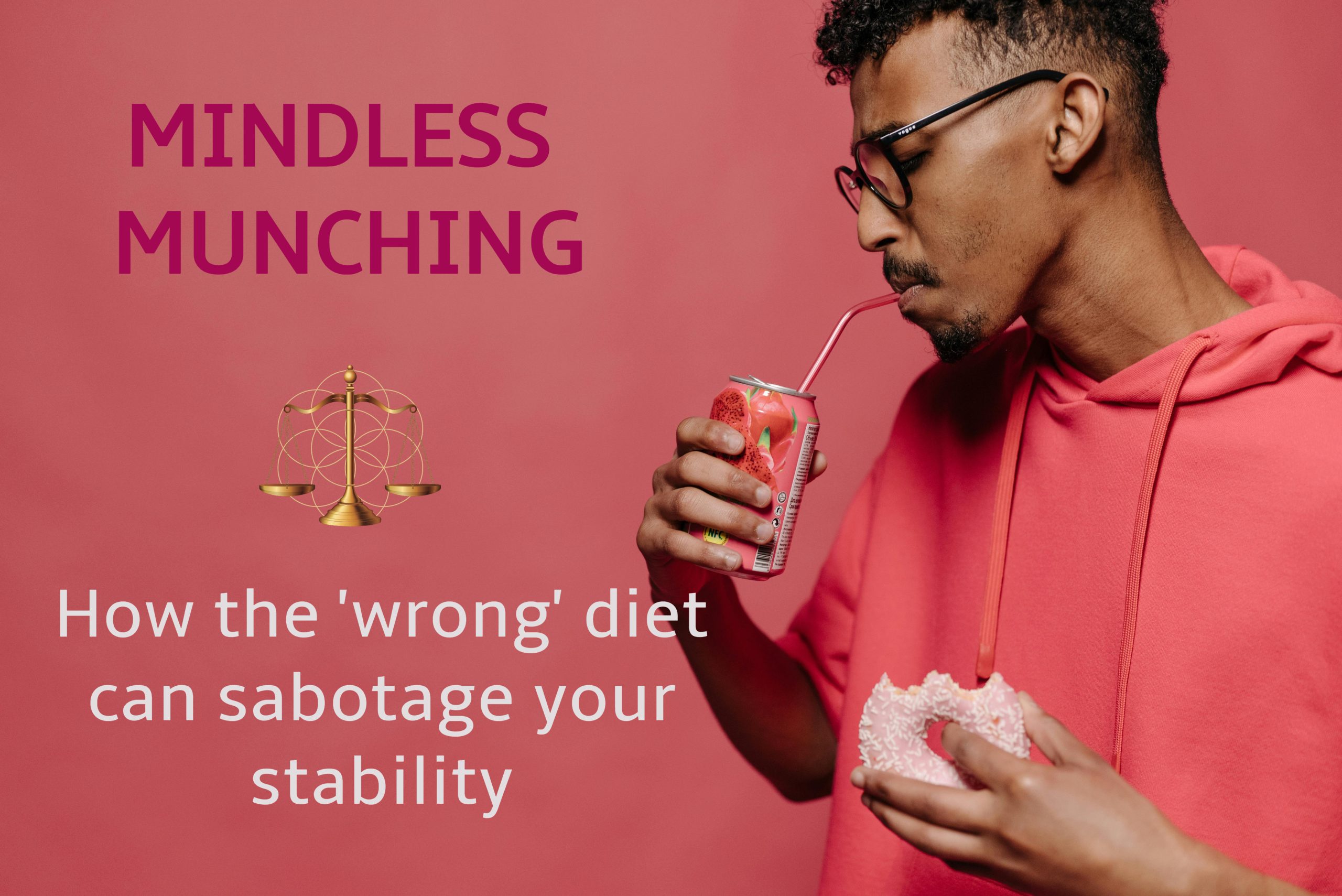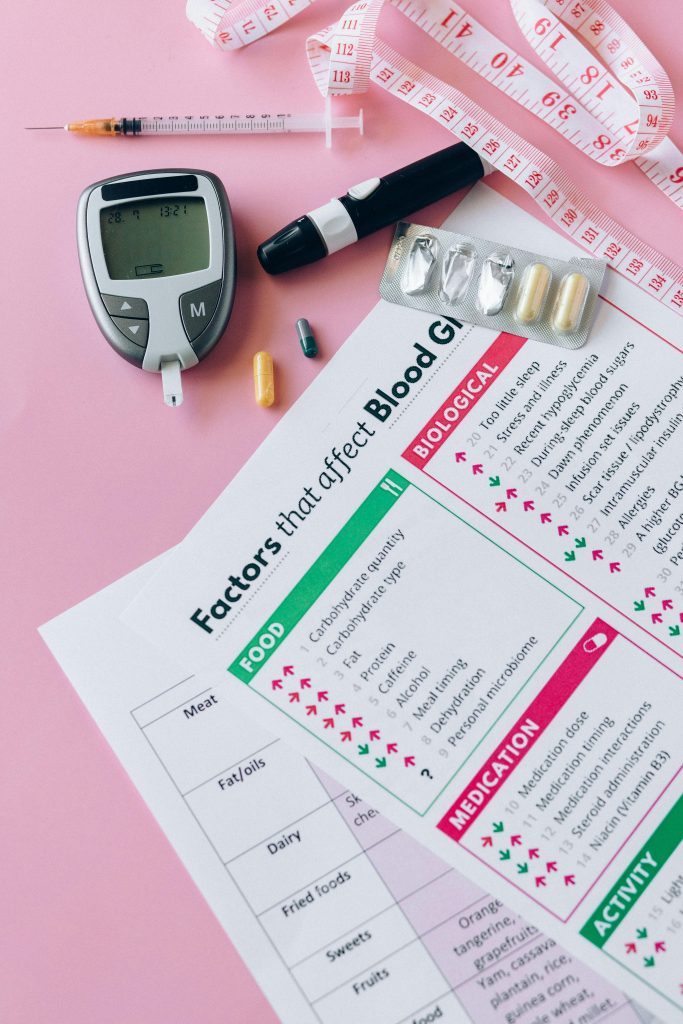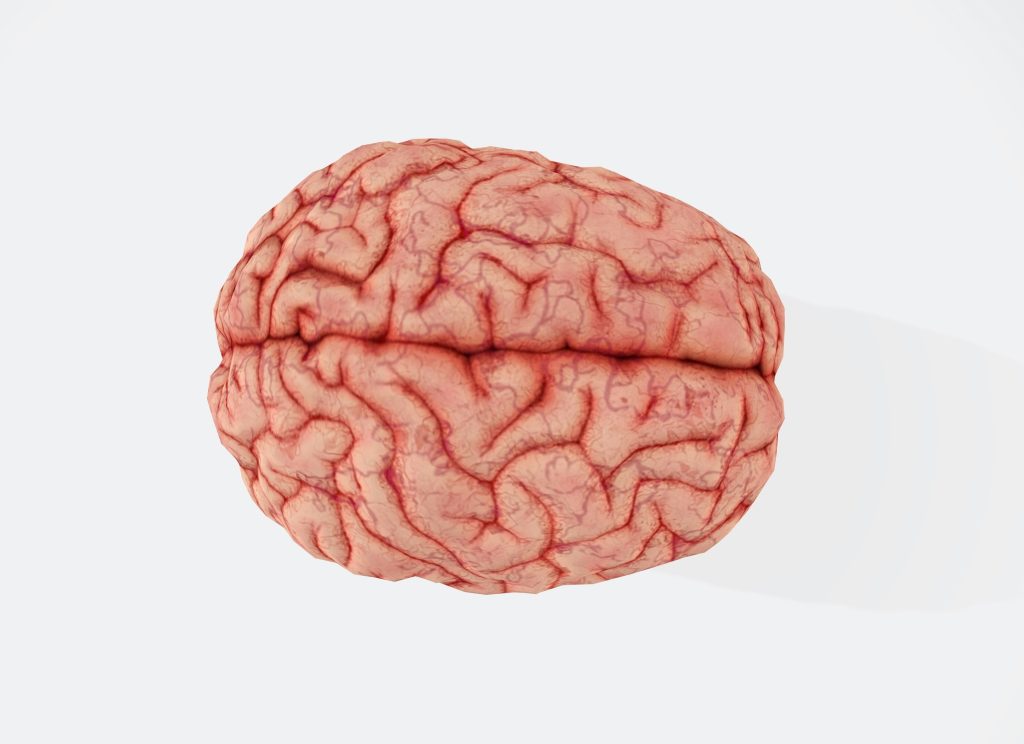
Are you a ‘mindless’ muncher? It’s not uncommon to regard diet only as necessity or a yum or comfort factor!
But this isn’t the real deal, because your body is so uniquely and intricately designed, that it needs to process not only necessary, but really good stuff, to create a fabulous and stable you! Mentally, physically and emotionally.
A great way to understand this is to draw a parallel between yourself and your car: your body needs the right fuel to function, just like your car needs the right stuff to run: the right petrol, the right oil – and water – and your diet is the same fundamental that supports your running (or walking or limping or crawling – you’ll know!) It supports your brain, blood sugar, nervous system, gut and immune system – and more, and each one of these is paramount in sustaining your mental health.


Truth: we are bombarded every day by advertising in some form or another, and we’ve absorbed its seductive culture, the one that persuade us to focus only on dietary products that are famous brands, traditional dishes, ‘in’, ‘hip’, ‘cool’, ‘vibey’, ‘uber yummy’ etc. You see, if you buy your products with only this is mind, rather than also what your body needs; or go for the easiest non-cooking option, you could be a ‘mindless muncher’! You could also be this munching type if you’ve never understood the correlation between what you put into your body and your physical or mental health; or, you’ve been discouraged about the fact that there is actually a correlation. While that’s not your fault, now is the time to start unpicking that misconception and understand the facts.
This article is a quick peek at the connection between diet and mental health – mainly examples of the problems that crop up if you don’t pay attention to your body’s nutritional needs.
Fact: I’ve tested the mental health/nutrition connection for many years in my counselling practice (and in my own life too) – and I’ve fully understood that following the right diet is such a no 1 key in regulating mental health symptoms. It doesn’t mean that you have to give up everything delicious or tasty, but it does mean moderating how much of the ‘bad’ stuff you ingest. And also being watchful about when you put certain foods or drinks into your body, because this factor can make or break stability. You see, diet is that powerful: and changing an unhealthy or irregular diet can actually boost stability by 40 to 50% in one week. Tested, researched – and so impactful!


Examples of why not following a good diet can impact mental health symptoms so negatively…
To start with, two things to consider: a ‘bad’ diet amplifies symptoms in ways I’m about to explain. But a ‘bad’ diet can also cause symptoms. Think about it: you may not have an anxiety disorder, but miss enough meals when you’re busy or stressed, replace them with caffeine and/or sugar, even nicotine – you’ll soon find ‘anxiety’ becoming part of your daily ‘DNA’! You could well create it…
But existing mental health issues like depression, anger, panic, highs, lows, mood swings, hyperactivity, focus issues, brain fog and fatigue ALL become a lot worse when they’re affected by the spikes and crashes of an unstable blood sugar. My research has shown that this is the no 1 mental health symptom amplifier. Caused by stuff like irregular eating, missing meals, especially missing breakfast, eating sugary breakfasts, having sugar or caffeine-loaded snacks and drinks, not having enough protein in your diet, having too much refined or white carbohydrate – and so much more!


A ‘bad’ diet can also negatively affect brain chemistry to amplify symptoms… Your brain needs the right fuel to feel balanced and emotionally steady. Again, remember that car analogy? The wrong fuel can seize an engine, right?! So, eating processed foods, sugar, refined grains, unhealthy fats, and not eating whole foods like fruits, vegetables, whole grains and oily fish can injure your ‘brainy’ engine – because you end up with a lack of vital nutrients in your body. This can harm your brain chemistry by reducing your serotonin and dopamine production, for example. Which is another way to amplify depression, anxiety, panic, demotivation, lack of energy, difficulty in sleeping, lack of appetite, emotional instability and trouble with social functioning. Yip, the food factor is not a flip one! The wrong fuel can be devasting to a body.
Preservatives and artificial colours in food and drinks are as bad…
Do you know how many packaged snacks, ready-made meals, processed meats, fizzy drinks, crisps and sweets, for example, contain artificial colours, (the worst being red and yellow), and harmful preservatives like aspartame, monosodium glutamate (MSG), sodium benzoate and nitrites. And why do I bring these up? Because some studies have specifically linked intensified hyperactivity in ADHD to the colour and preservative factor. So, a great phrase to remember regarding processed and coloured consumables is “if you can’t pronounce it, don’t eat it”! (Michael Pollan).


When you work with me, we understand how to change ‘MindLESS’ to ‘MindFUL’ munching…and it’s not difficult to do at all!
In the end, you’ll understand that half the battle of maintaining stability and coping better with mental health can be won by monitoring and changing what goes into your physical body, and when it goes in, daily. You’ll understand that just as exercise strengthens your body, the right diet strengthens your body and mind – it improves your equilibrium, focus, mood, energy and resilience. The more you ‘get’ the mind-body connection, the more you can use a great diet as a daily tool for mental well-being. And not inflame your symptoms, because that’s a vicious cycle. If your diet doesn’t support you, you can become malnourished or destabilised. This means you feel worse and this, in turn, helps you feel less motivated to do anything about it.